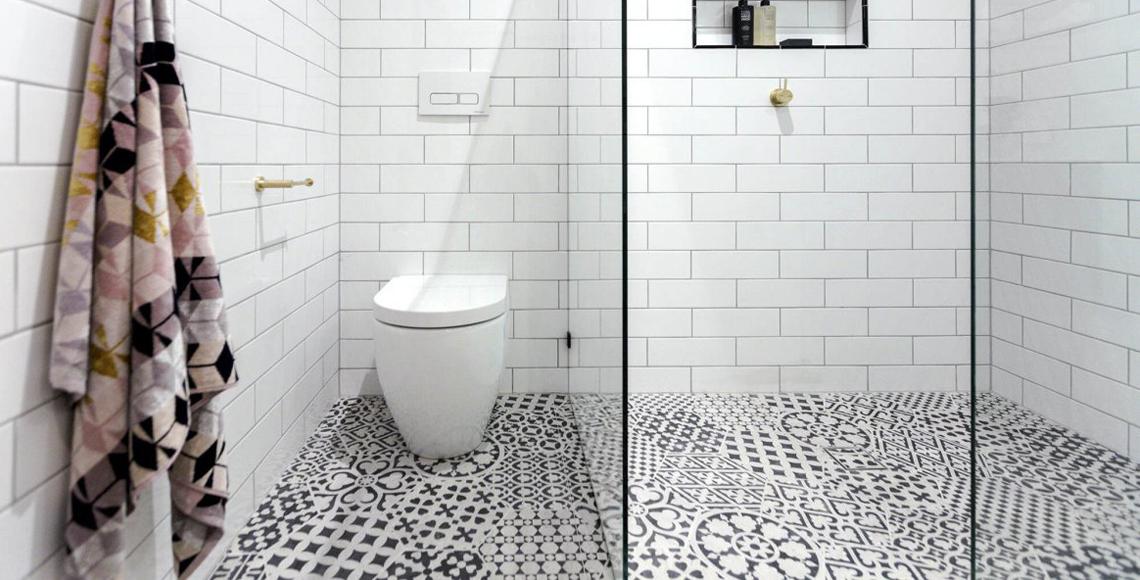
S-Trap vs P-Trap
A toilet’s a toilet right? Well not exactly. If you have shopped around for toilets in the past you may have found that you couldn’t replace your current one with the model you really liked because one was a “P-Trap” and the other an “S-Trap”. So what’s the difference?
First we should look at what the “trap” is. The trap refers to the part of the pipe where the waste exits the toilet. In order to form a seal and prevent (trap) unwanted gasses escaping from the sewerage, the trap retains some water. For an S-Trap toilet, the pipe exits the toilet through the floor, and for P-Trap it exits through the wall. The easiest way to remember this is by picturing the diagram below.
 S-Traps are the most common type of setup in New Zealand. If you are building new, your plumber will be plumbing to the type of toilets you have bought so there shouldn’t be an issue. However, if you are renovating and don’t want to alter the plumbing then you need to make sure that the toilet you are looking to buy will fit the existing plumbing. In the case of an S-Trap you will want to make sure that you take a measurement from the wall to the centre of the trap.
S-Traps are the most common type of setup in New Zealand. If you are building new, your plumber will be plumbing to the type of toilets you have bought so there shouldn’t be an issue. However, if you are renovating and don’t want to alter the plumbing then you need to make sure that the toilet you are looking to buy will fit the existing plumbing. In the case of an S-Trap you will want to make sure that you take a measurement from the wall to the centre of the trap.
Over-Height Toilets
It’s funny how often we put up with something just because it has become the standard practice. Toilets have been the same height for a long time and only now are we starting to see manufacturers buck this age-old trend.
Generally, an over-height toilet is at least 40mm higher at the seat than your standard toilet. This makes for a much easier transition on and off the seat. This is extremely important when it comes to planning for your future, as you don’t become any more mobile with age. If you’re building or renovating at fifty you need to consider what your body will be like at sixty, seventy or even eighty.
Over-height toilets are not just for the elderly. They are also extremely useful for those with injuries or restricted movement, pregnant women, or even just for those who are tall.
Make sure that you do your utmost to future-proof your bathroom when planning your next build or renovation. Future-you will be very grateful.